Home>Articles>Why Is My Portable Frigidaire Ice Maker Leaking Water
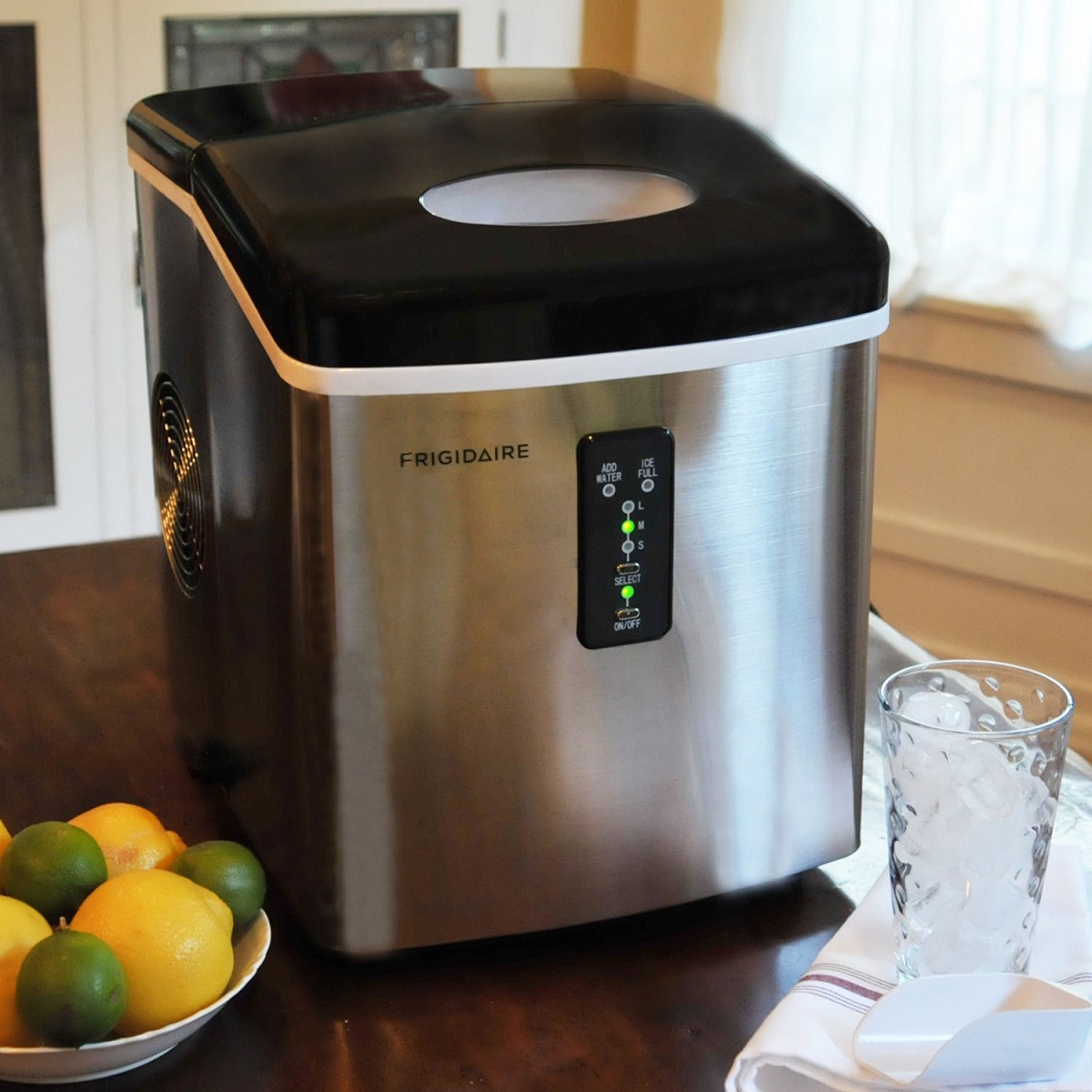

Articles
Why Is My Portable Frigidaire Ice Maker Leaking Water
Modified: March 19, 2024
Find out why your portable Frigidaire ice maker is leaking water with our expert articles. Get troubleshooting tips and solutions to fix the issue quickly.
(Many of the links in this article redirect to a specific reviewed product. Your purchase of these products through affiliate links helps to generate commission for Storables.com, at no extra cost. Learn more)
Introduction
Welcome to the world of convenience and refreshment provided by portable Frigidaire ice makers. These compact machines have revolutionized the way we enjoy ice, providing us with a constant supply of chilled cubes at our fingertips. However, like any appliance, portable Frigidaire ice makers may encounter issues that can disrupt their functionality.
One of the most common problems faced by users is water leakage. Nothing is more frustrating than finding a puddle of water near your ice maker, especially when you’re relying on it for your favorite cold beverages. But fret not, as we’re here to help you understand the causes of water leakage and provide effective solutions to tackle this problem.
Before we dive into troubleshooting, let’s gain a better understanding of portable Frigidaire ice makers. These compact machines are designed to produce ice quickly and efficiently, making them a popular choice for homes, offices, RVs, and other small spaces. They typically have a compact design with a water reservoir, a freezing mechanism, and an ice tray.
Portable Frigidaire ice makers work by pumping water from the reservoir into small ice molds, where it freezes within minutes. Once the ice cubes are formed, they are released into a storage bin, ready for use. This process is repeated until the storage bin is full or the ice maker is manually turned off.
Now that we have a basic understanding of how portable Frigidaire ice makers work, let’s explore the common causes of water leakage and how to address them. By identifying the root cause of the problem, you can take the necessary steps to fix it and prevent further issues.
Key Takeaways:
- Proper positioning, regular maintenance, and troubleshooting can resolve water leakage in portable Frigidaire ice makers, ensuring a constant supply of ice without the hassle of leaks.
- Understanding the causes of water leakage, such as unsecured reservoirs and worn-out parts, empowers users to implement effective solutions and enjoy uninterrupted ice production.
Understanding Portable Frigidaire Ice Makers
Portable Frigidaire ice makers have become a popular choice for those who want to enjoy the convenience of having ice readily available. These compact machines can produce a significant amount of ice in a short period, eliminating the need for traditional ice trays or constantly purchasing bags of ice.
These ice makers are designed to be portable, allowing you to easily move them around and place them wherever you need a steady supply of ice. Whether you’re hosting a party, going camping, or simply want to have ice available in your kitchen, a portable Frigidaire ice maker can be a valuable addition to your appliances.
Portable Frigidaire ice makers are straightforward to operate. All you need to do is fill the water reservoir, select the desired ice cube size, and press the start button. The machine will then begin its ice-making cycle, where water is pumped into ice molds and freezes within minutes. Once the ice cubes are ready, they are automatically released into the ice storage bin.
These ice makers come with various features and options, such as different ice cube sizes, a digital display and control panel, and an automatic shut-off function when the storage bin is full. Some models even have a self-cleaning feature, making maintenance hassle-free.
When it comes to choosing a portable Frigidaire ice maker, consider factors such as ice production capacity, size, and portability. Ice production capacity refers to the amount of ice the machine can produce in a set period. This can range from around 26 pounds per day for smaller models to over 40 pounds per day for larger ones.
Size is also an essential consideration, especially if you have limited counter space or plan on taking the ice maker on your travels. Portable Frigidaire ice makers are generally compact, with dimensions that make them easy to store and transport.
Understanding the basic operation and features of portable Frigidaire ice makers is crucial for troubleshooting any issues, such as water leakage. Now that we have a solid foundation, let’s explore the common causes of water leakage in these ice makers and how to fix them.
Common Causes of Water Leakage in Portable Frigidaire Ice Makers
Water leakage is a common issue that many portable Frigidaire ice maker users encounter. It can be frustrating to discover a pool of water around your ice maker, but understanding the root causes can help you address the problem effectively. Here are some common reasons why water leakage may occur:
- Improper positioning: One of the leading causes of water leakage is improper positioning of the ice maker. It is essential to place the machine on a level and stable surface. If the ice maker is tilted or not properly balanced, it can lead to water seeping out from under the machine.
- Unsecured water reservoir: Another potential cause of water leakage is an unsecured water reservoir. Ensure that the water reservoir is tightly secured and properly inserted into its designated slot. If it is not securely in place, water may leak out during the ice-making process.
- Blocked drain or water line: If the drain or water line in your portable Frigidaire ice maker becomes blocked or clogged, it can cause water to overflow and leak out. Regularly inspect and clean the drain and water line to ensure proper water flow.
- Malfunctioning water inlet valve: The water inlet valve is responsible for allowing water to enter the ice maker. If this valve malfunctions or gets stuck open, it can result in continuous water flow, leading to water leakage. Cleaning or replacing the water inlet valve may be necessary in such cases.
- Cracked or damaged water reservoir: A cracked or damaged water reservoir can cause water to leak onto the floor. Inspect the water reservoir for any signs of cracks or damage and replace it if necessary.
- Excessive condensation: In humid environments, condensation can build up inside the ice maker, resulting in water leakage. To reduce condensation, make sure the room is properly ventilated, and avoid using the ice maker in extremely humid conditions.
- Overfilling the water reservoir: Overfilling the water reservoir can lead to water spilling out during the ice-making process. Follow the manufacturer’s guidelines on the maximum water level to prevent overfilling and subsequent leakage.
- Worn-out or damaged parts: Components such as the water pump, ice mold, or tubing may become worn out or damaged over time, leading to water leakage. Inspect these parts regularly and replace any faulty components as needed.
By identifying the specific cause of water leakage in your portable Frigidaire ice maker, you can take the necessary steps to address the issue and prevent further leaks. In the next section, we will discuss possible solutions and troubleshooting tips to help you fix the water leakage problem.
Solutions for Fixing Water Leakage in Portable Frigidaire Ice Makers
If you’re dealing with water leakage in your portable Frigidaire ice maker, there are several solutions you can try to fix the problem. Here are some effective solutions to address water leakage:
- Ensure proper positioning: Place the ice maker on a level surface to prevent tilting and instability. Make sure all four feet of the ice maker are firmly on the ground. This will help prevent water from leaking out from under the machine.
- Secure the water reservoir: Check that the water reservoir is securely locked in place. Remove the reservoir, inspect for any debris or blockages, and clean it thoroughly. Then, insert the reservoir back into its designated slot, ensuring a tight fit.
- Clean the drain and water line: If you suspect a blockage in the drain or water line, flush it with warm water or use a mild cleaning solution to remove any accumulated debris. This will help maintain proper water flow and prevent leaks.
- Inspect and clean the water inlet valve: As mentioned earlier, a malfunctioning water inlet valve can lead to water leaking. Make sure the valve is not stuck open or clogged. Clean the valve with warm water and a soft brush if necessary. If the problem persists, consider replacing the water inlet valve.
- Replace a cracked or damaged water reservoir: If you notice any cracks or damage in the water reservoir, it is best to replace it with a new one. This will prevent further leakage and ensure the proper functioning of the ice maker.
- Minimize condensation: To reduce condensation inside the ice maker, provide proper ventilation by keeping the surrounding area well-ventilated. Avoid running the ice maker in excessively humid conditions, if possible.
- Avoid overfilling the water reservoir: Follow the manufacturer’s guidelines on the maximum water level for your ice maker. Overfilling the water reservoir can lead to water spilling out during the ice-making process. Stick to the recommended water level to prevent leakage.
- Replace worn-out or damaged parts: If you’ve checked all the above solutions and the leakage persists, it may be necessary to replace worn-out or damaged components. Consult the user manual or contact the manufacturer for guidance on replacing specific parts.
By implementing these solutions, you should be able to troubleshoot and fix water leakage in your portable Frigidaire ice maker. However, if the issue persists or if you are unsure about any repairs, it’s always a good idea to seek professional assistance from an authorized service technician.
Now that we’ve covered the potential solutions for water leakage, let’s move on to some troubleshooting tips to help you diagnose and resolve common issues with your portable Frigidaire ice maker.
Check the water supply line for any leaks or blockages. Also, make sure the drain plug is securely in place and not damaged. If the issue persists, contact Frigidaire customer support for assistance.
Troubleshooting Tips for Portable Frigidaire Ice Makers
When your portable Frigidaire ice maker is experiencing issues, troubleshooting can help identify and resolve the problem. Here are some helpful tips to assist you in troubleshooting common problems:
- No ice production: If your ice maker is not producing ice, check the power supply and ensure it’s properly connected. Make sure the water reservoir is filled with water, and the water level is below the maximum fill line. If the problem persists, check if the water inlet valve is blocked or malfunctioning.
- Ice cubes are too small or not fully formed: If the ice cubes produced by your ice maker are small or not fully formed, this could indicate low water flow. Make sure the water supply is connected correctly and check if the water filter is clogged. Clean or replace the filter if necessary.
- Ice cubes have an unusual taste or odor: If the ice cubes have an unpleasant taste or odor, it may be due to impurities in the water. Ensure that the water you’re using is clean and free from any strong odors. You can try using filtered or bottled water to improve the quality of the ice.
- Ice maker is making strange noises: Unusual noises coming from the ice maker may be an indication of a mechanical issue. Check if any ice cubes or debris are stuck in the ice-making mechanism and remove them. If the noise persists, it’s advisable to contact a professional technician for further inspection and repair.
- Ice melts quickly in the storage bin: If the ice cubes in the storage bin are melting quickly, it could be due to a faulty seal or lack of insulation. Make sure the storage bin is properly sealed and that the ice maker is not placed in direct sunlight or near a heat source. Consider moving the ice maker to a cooler location if necessary.
- Ice maker is not powering on: If your ice maker is not turning on, check if the power cord is securely plugged into a working outlet. Ensure that the outlet is receiving power by plugging in another appliance. If the outlet is working, there may be an issue with the electrical components of the ice maker, and you should contact a professional for assistance.
- Ice maker is leaking water: If your ice maker is leaking water, refer to the previous section on common causes and solutions for water leakage. Go through the steps outlined to identify the specific issue and take appropriate action to fix it.
Remember to consult the user manual provided by Frigidaire for specific troubleshooting steps and maintenance instructions for your particular model. Regular maintenance and cleaning will help prolong the lifespan of your portable Frigidaire ice maker and minimize the occurrence of issues.
Now that we’ve covered troubleshooting tips, let’s explore the importance of regular maintenance to prevent water leakage and ensure the optimal performance of your portable Frigidaire ice maker.
Regular Maintenance to Prevent Water Leakage in Portable Frigidaire Ice Makers
Maintaining your portable Frigidaire ice maker is essential to ensure its proper functioning and prevent water leakage. Regular maintenance will not only extend the life of your appliance but also contribute to the quality of the ice it produces. Here are some maintenance tips to prevent water leakage:
- Clean the ice maker regularly: Regularly cleaning your ice maker helps remove any mineral deposits, mold, or bacteria that can affect its performance. Follow the manufacturer’s instructions on how to clean the ice maker properly. Typically, it involves a mixture of warm water and mild detergent, wiping down the interior and exterior surfaces, and rinsing thoroughly.
- Inspect and clean the water reservoir: Periodically inspect the water reservoir for any signs of dirt, debris, or buildup. Remove the reservoir and clean it thoroughly with warm water and a gentle cleaning solution. Rinse it well before reinstalling it in the ice maker.
- Check the water supply: Ensure that you have a clean and reliable water supply for your ice maker. If you notice any unusual taste or odor in the ice, consider using a water filter or using bottled water. Check and replace the water filter regularly to maintain water quality.
- Keep the ice maker in a clean and well-ventilated area: Place your ice maker in an area that is free from dust, dirt, and excessive humidity. Adequate air circulation around the machine can help prevent condensation and minimize the risk of water leakage.
- Inspect and maintain the water lines: Regularly inspect the water lines for any signs of damage or leakage. If you notice any abnormalities, such as cracks or leaks, replace the water lines promptly. It is also a good practice to periodically flush and clean the water lines to remove any buildup.
- Check and clean the ice mold: The ice mold is where the ice cubes are formed. Inspect the ice mold regularly for any blockages or mineral deposits. Use a soft cloth or brush and a mixture of warm water and vinegar to clean the ice mold, ensuring that it is free from any obstructions.
- Inspect and maintain the seals: Check the door seals or gaskets of your ice maker for any signs of damage, cracks, or wear. Damaged seals can allow warm air to enter, leading to condensation and water leakage. If necessary, replace the seals to maintain a tight and efficient seal.
By following these maintenance tips, you can significantly reduce the risk of water leakage in your portable Frigidaire ice maker. Regularly cleaning and inspecting the various components of your ice maker will ensure its optimal performance and extend its lifespan.
Remember to consult the user manual provided by Frigidaire for model-specific maintenance instructions and recommendations. If you’re unsure about any maintenance tasks, it’s always a good idea to consult a professional technician for assistance.
Now that you have a comprehensive understanding of portable Frigidaire ice makers, the common causes of water leakage, troubleshooting tips, and regular maintenance techniques, you’ll be well-equipped to tackle any issues that may arise. Enjoy your chilled beverages and the convenience of having ice at your fingertips – without any worries of water leakage!
Conclusion
A portable Frigidaire ice maker can be a fantastic addition to your home, office, or any location where you need a steady supply of ice cubes. However, water leakage can be a frustrating issue that disrupts its functionality and causes inconvenience. By understanding the common causes of water leakage and implementing effective solutions, you can resolve the problem and ensure the smooth operation of your ice maker.
Throughout this article, we have explored the basics of portable Frigidaire ice makers, including their operation and features. We have discussed common reasons for water leakage, such as improper positioning, unsecured water reservoirs, blocked drains, malfunctioning water inlet valves, cracked water reservoirs, excessive condensation, overfilling, and worn-out parts.
We have also provided solutions to fix water leakage, including ensuring proper positioning, securing the water reservoir, cleaning drains and water lines, inspecting the water inlet valve, replacing damaged reservoirs, minimizing condensation, avoiding overfilling, and replacing worn-out parts. Additionally, we have shared troubleshooting tips and emphasized the importance of regular maintenance to prevent water leakage and maintain the optimal performance of your portable Frigidaire ice maker.
Remember, always consult the user manual specific to your Frigidaire ice maker model for more detailed instructions and guidelines. If you encounter persistent water leakage or are unsure about any repairs or maintenance tasks, seek professional assistance from an authorized service technician.
With the information and tips provided in this article, you are now equipped to diagnose, troubleshoot, and resolve water leakage issues in your portable Frigidaire ice maker. Enjoy the convenience of having chilled ice cubes at your disposal without the worry of leaks. Cheers to refreshing beverages and hassle-free ice-making!
Frequently Asked Questions about Why Is My Portable Frigidaire Ice Maker Leaking Water
Was this page helpful?
At Storables.com, we guarantee accurate and reliable information. Our content, validated by Expert Board Contributors, is crafted following stringent Editorial Policies. We're committed to providing you with well-researched, expert-backed insights for all your informational needs.
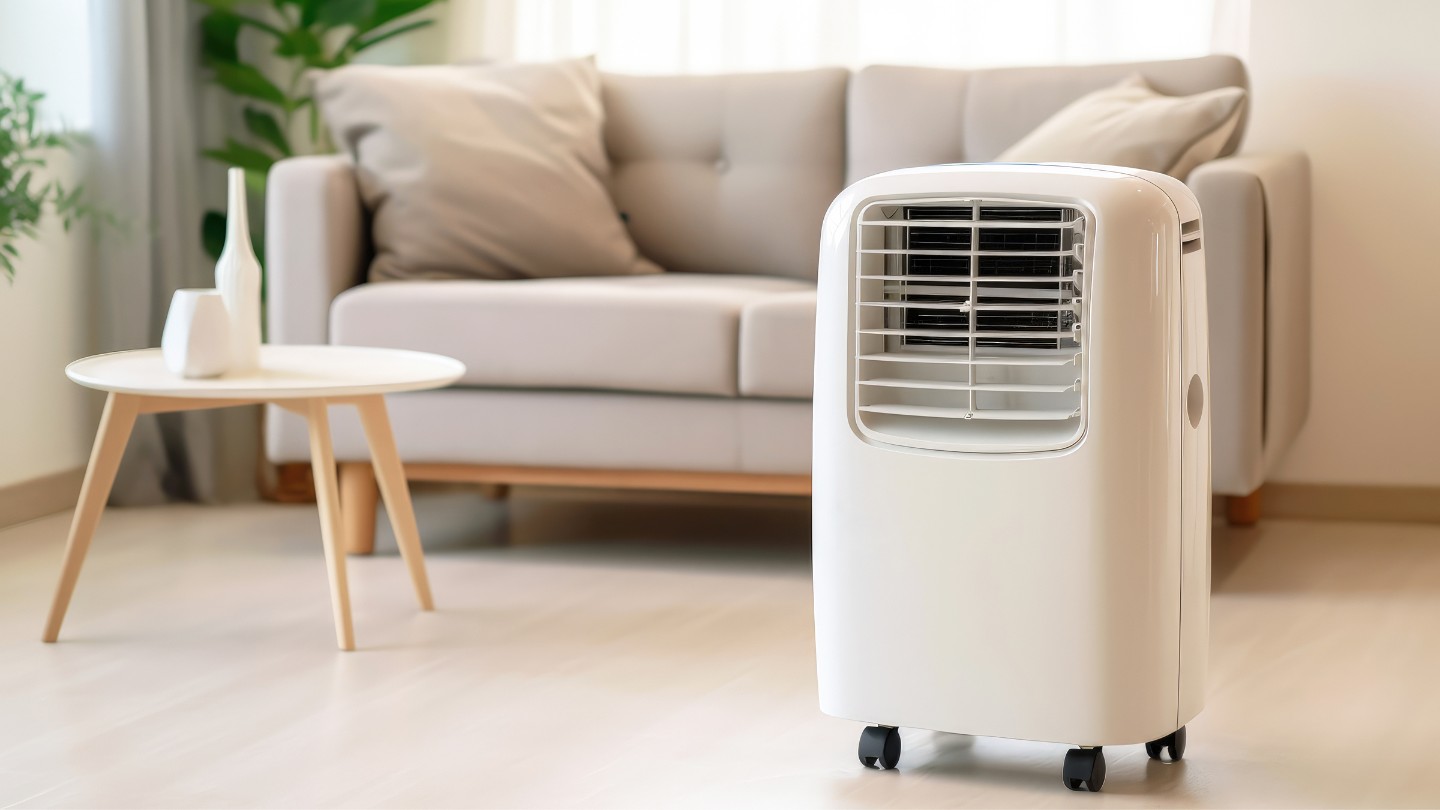
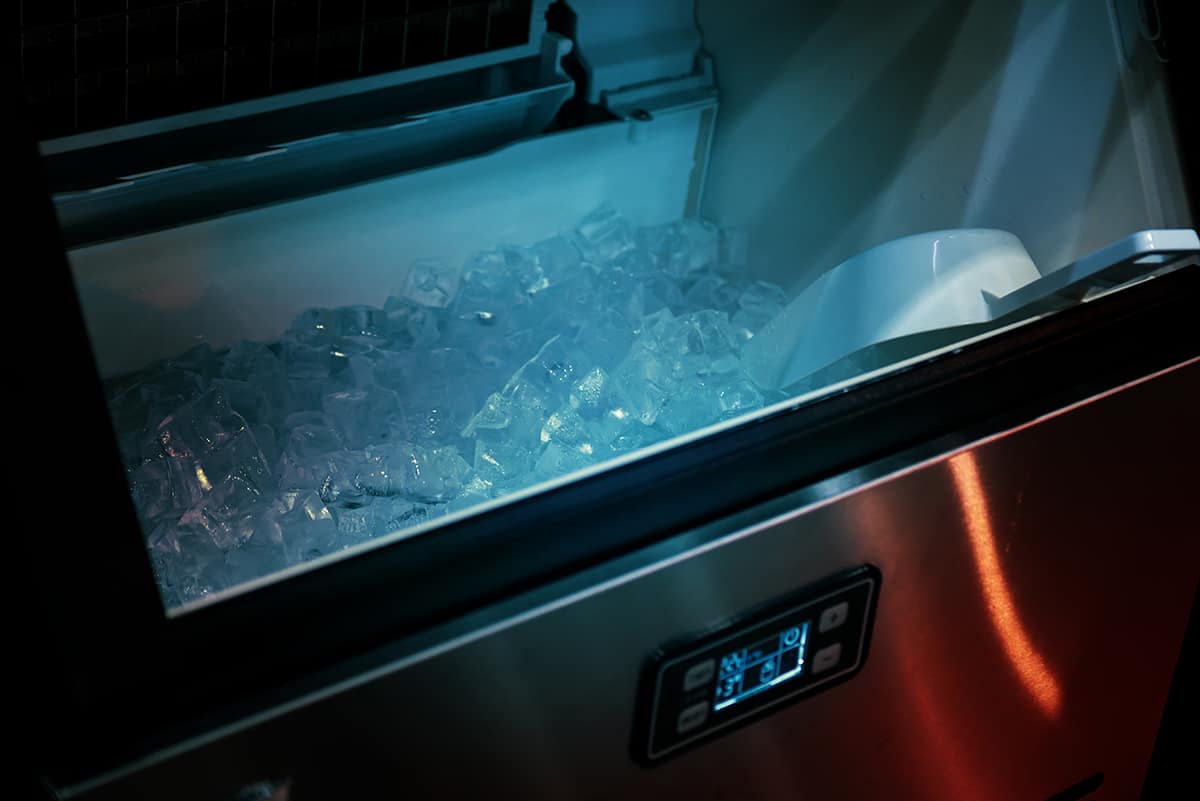
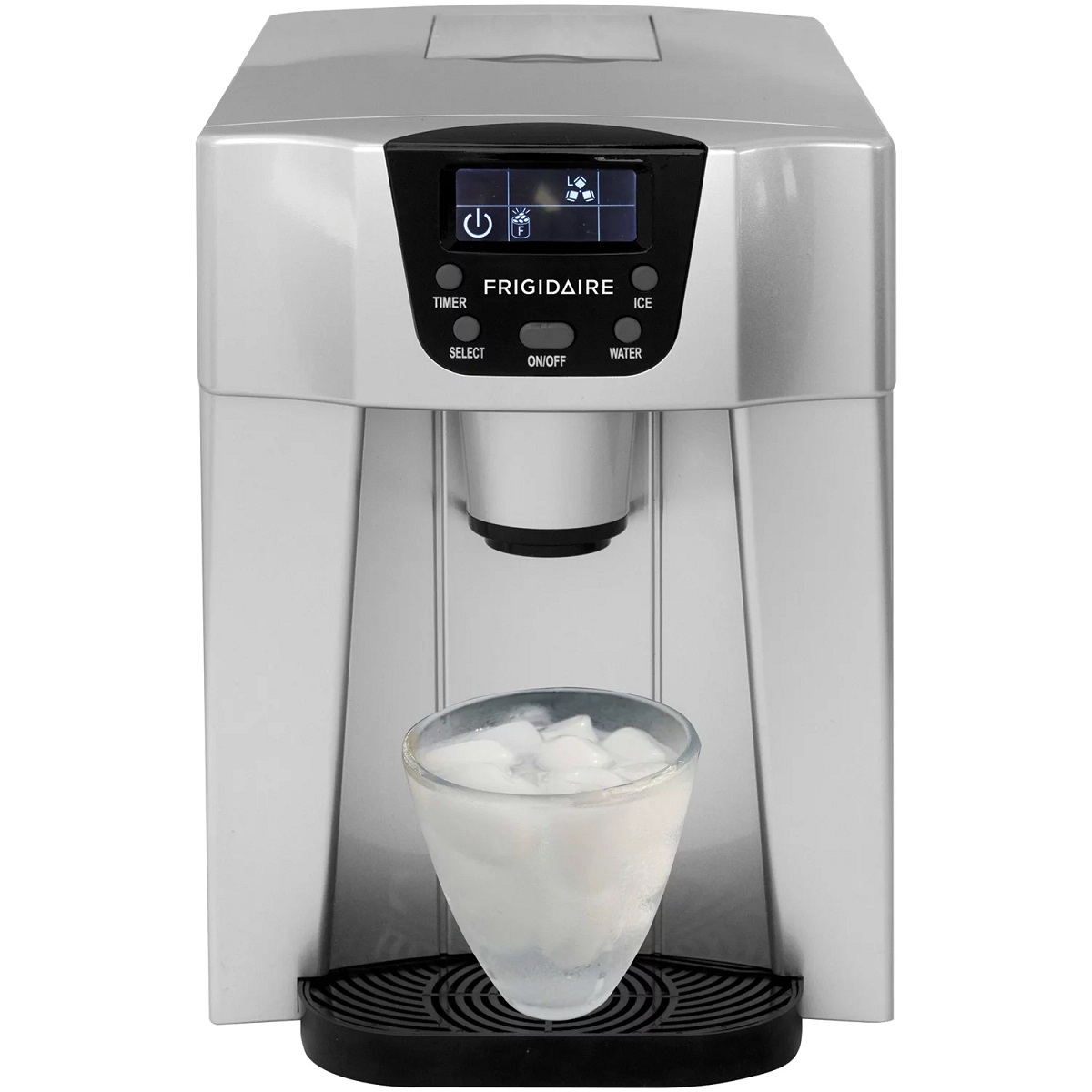
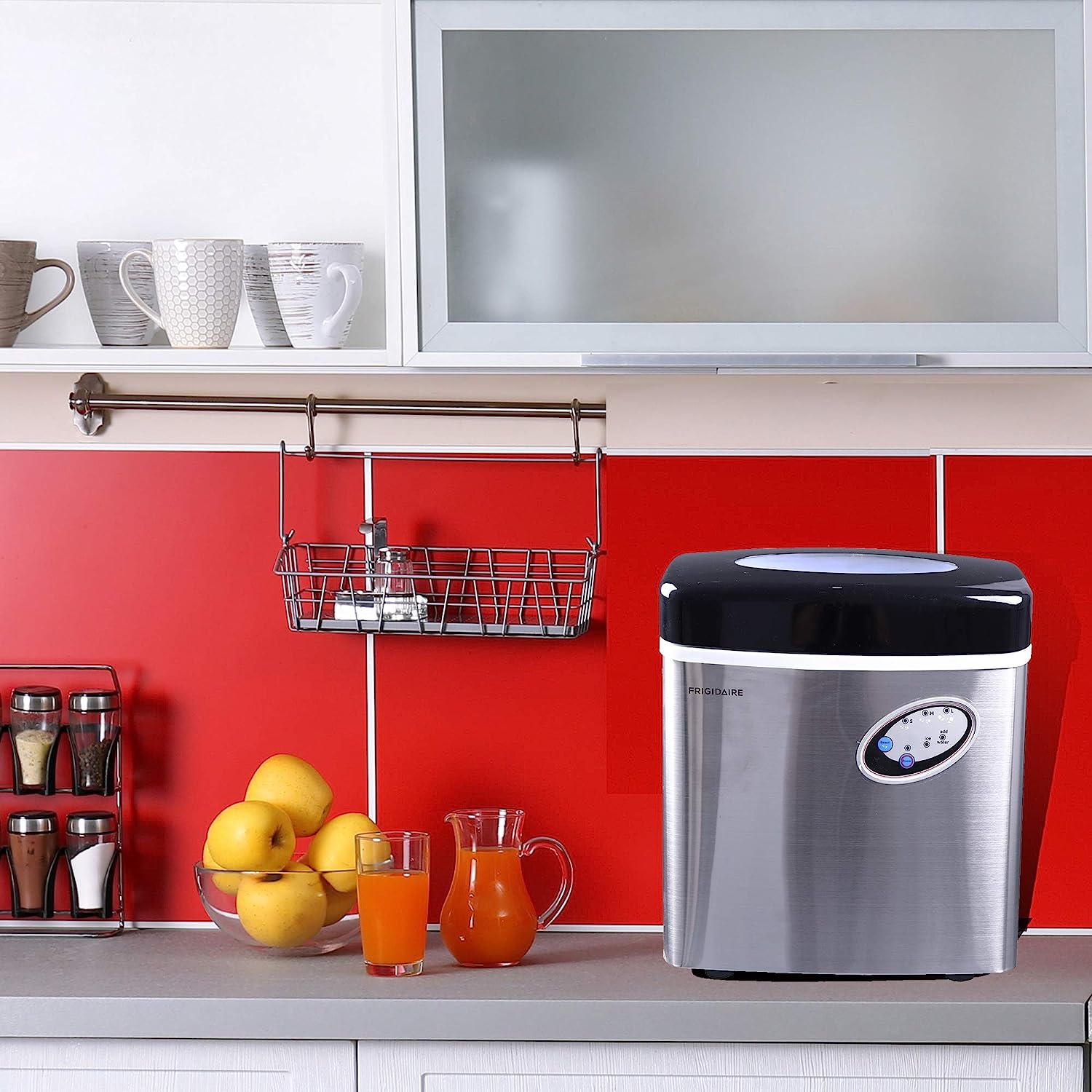
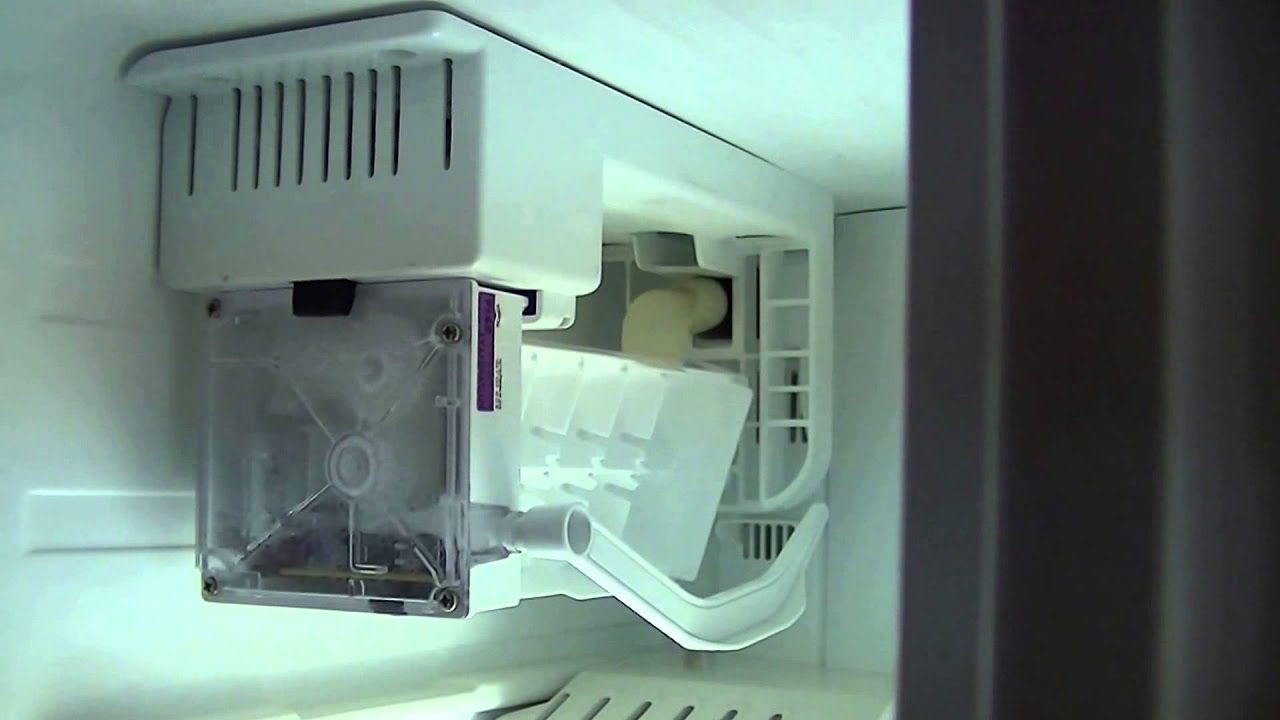
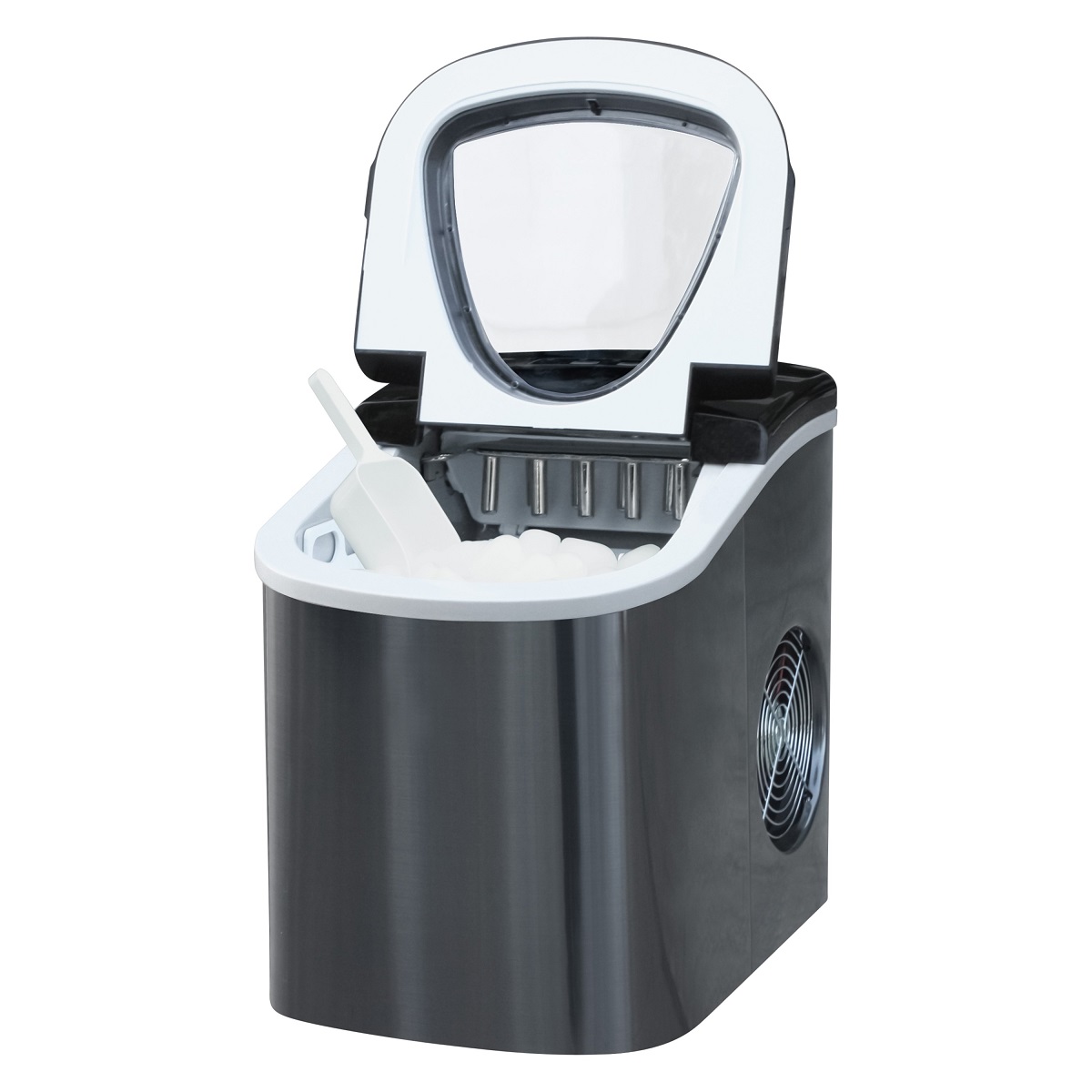
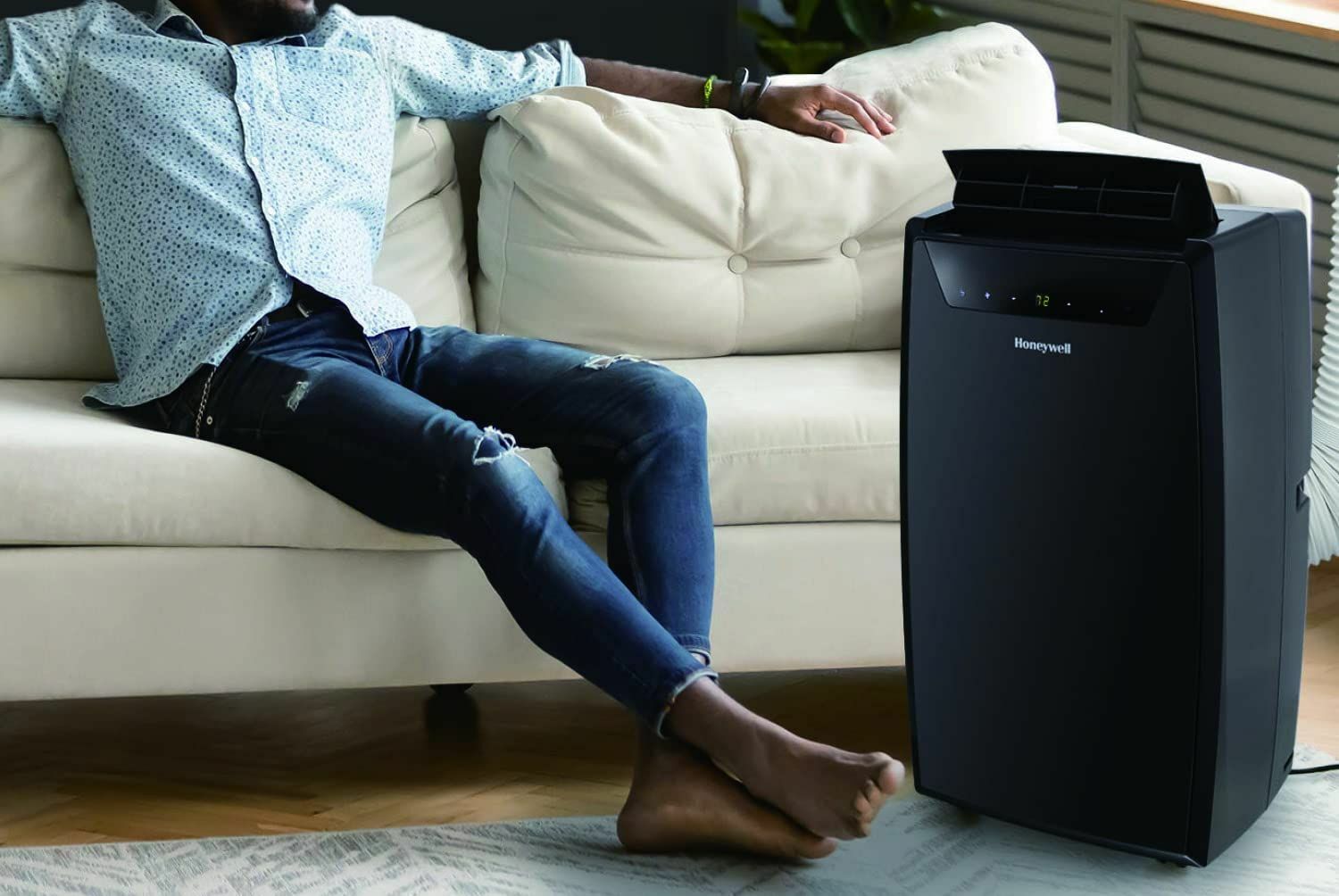
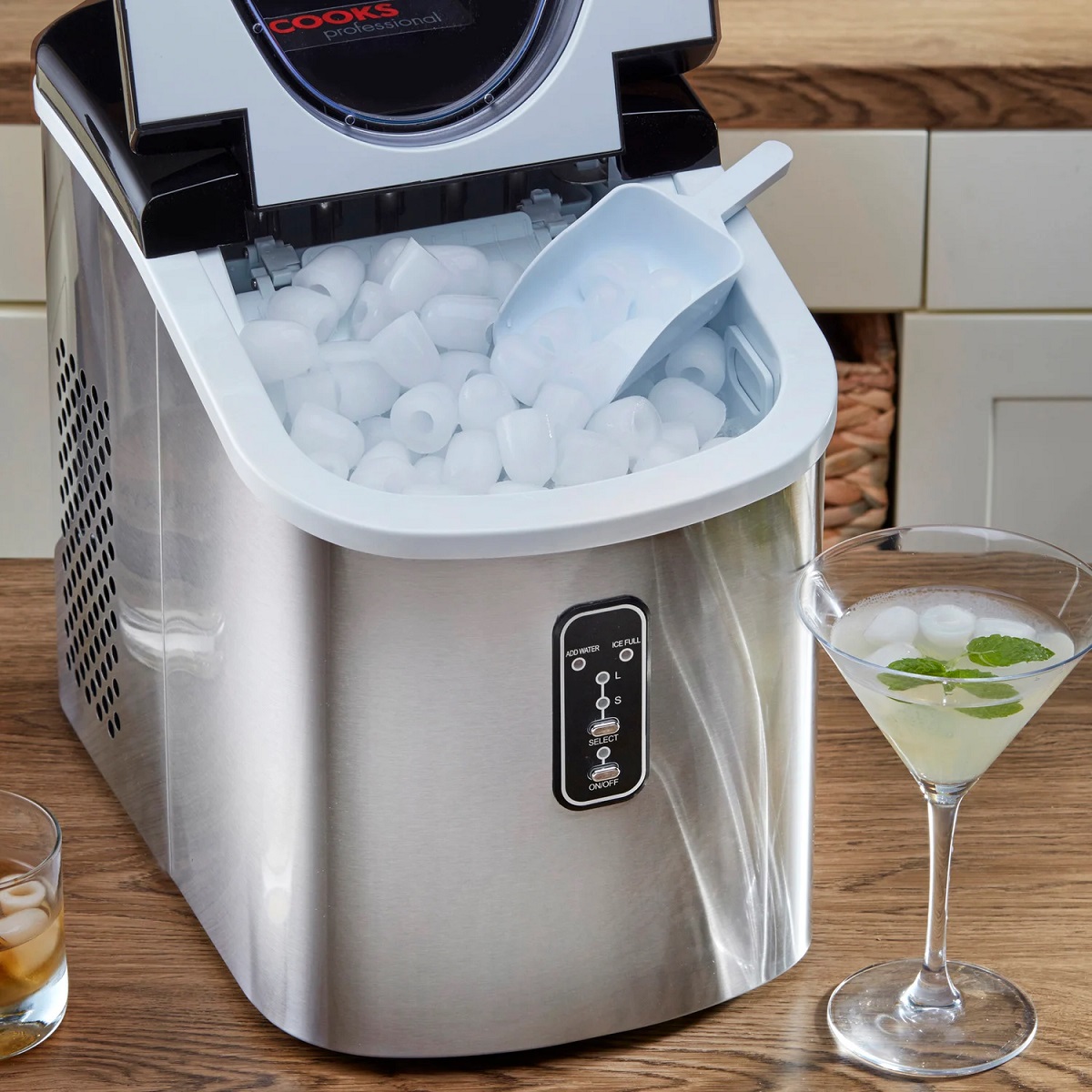
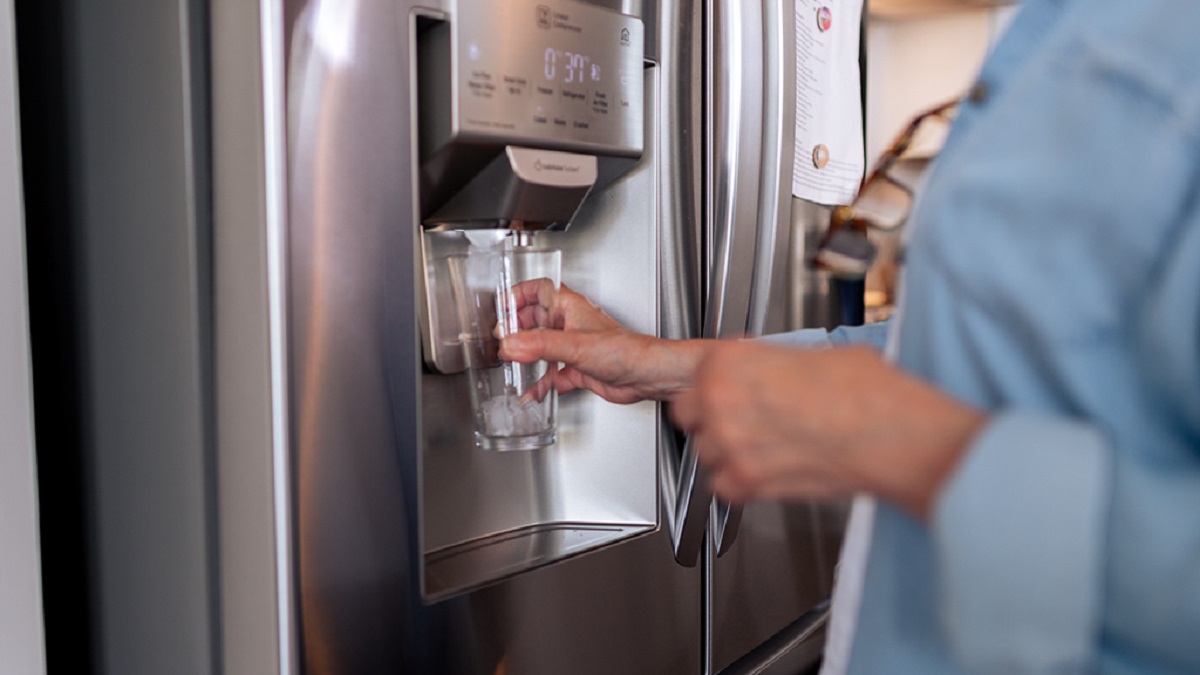
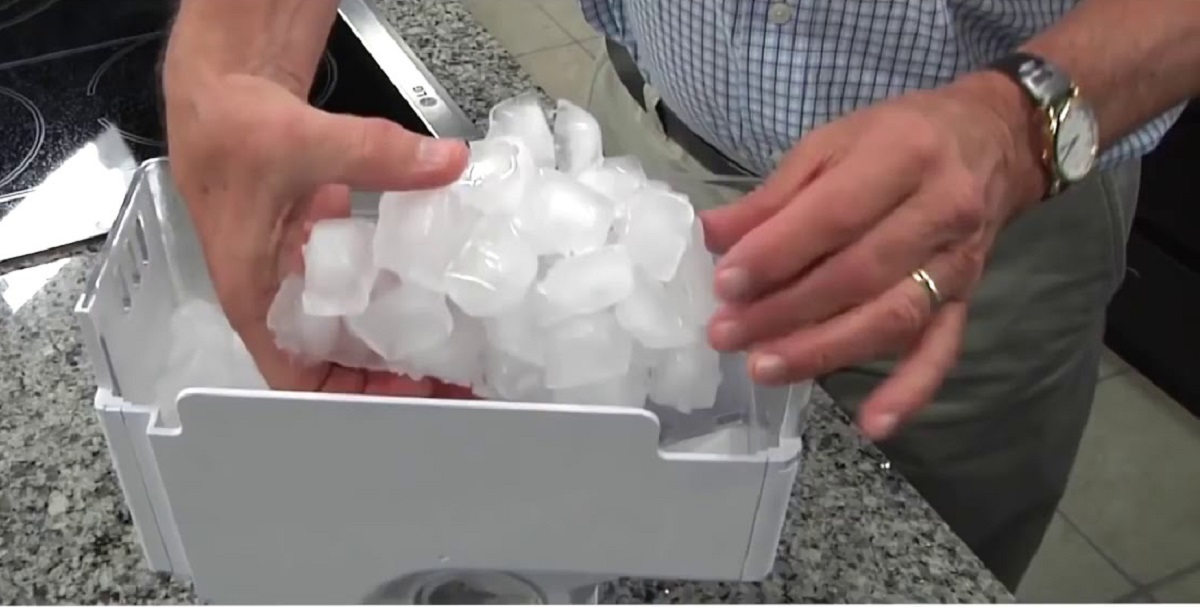
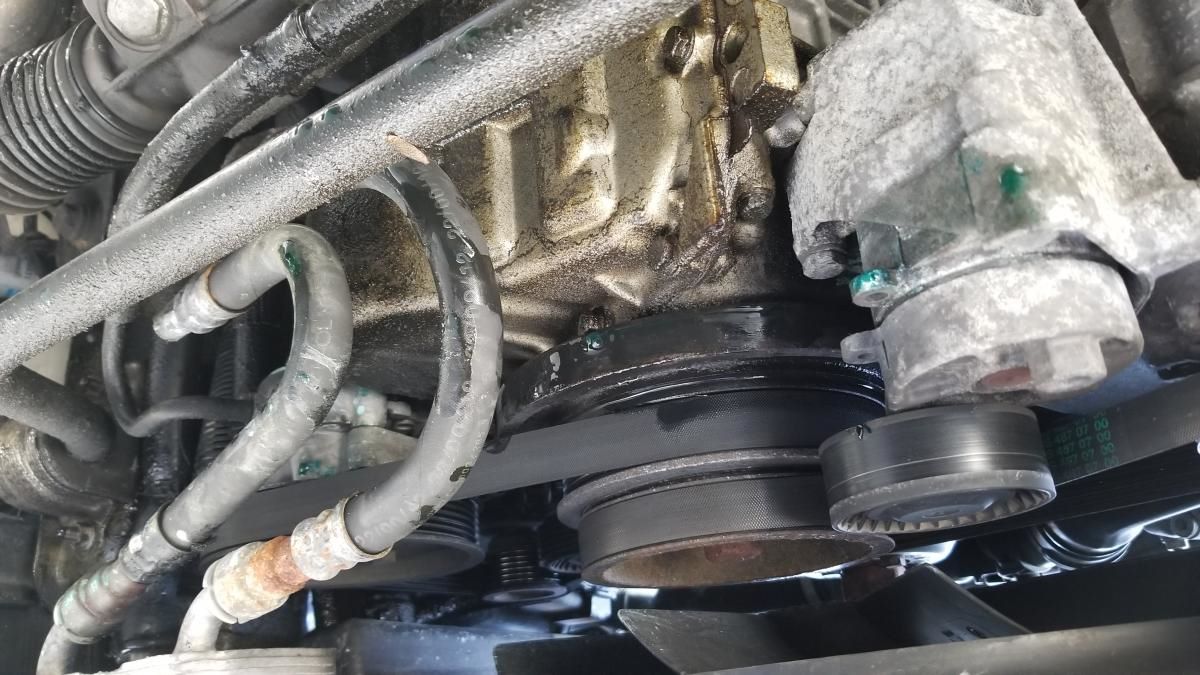
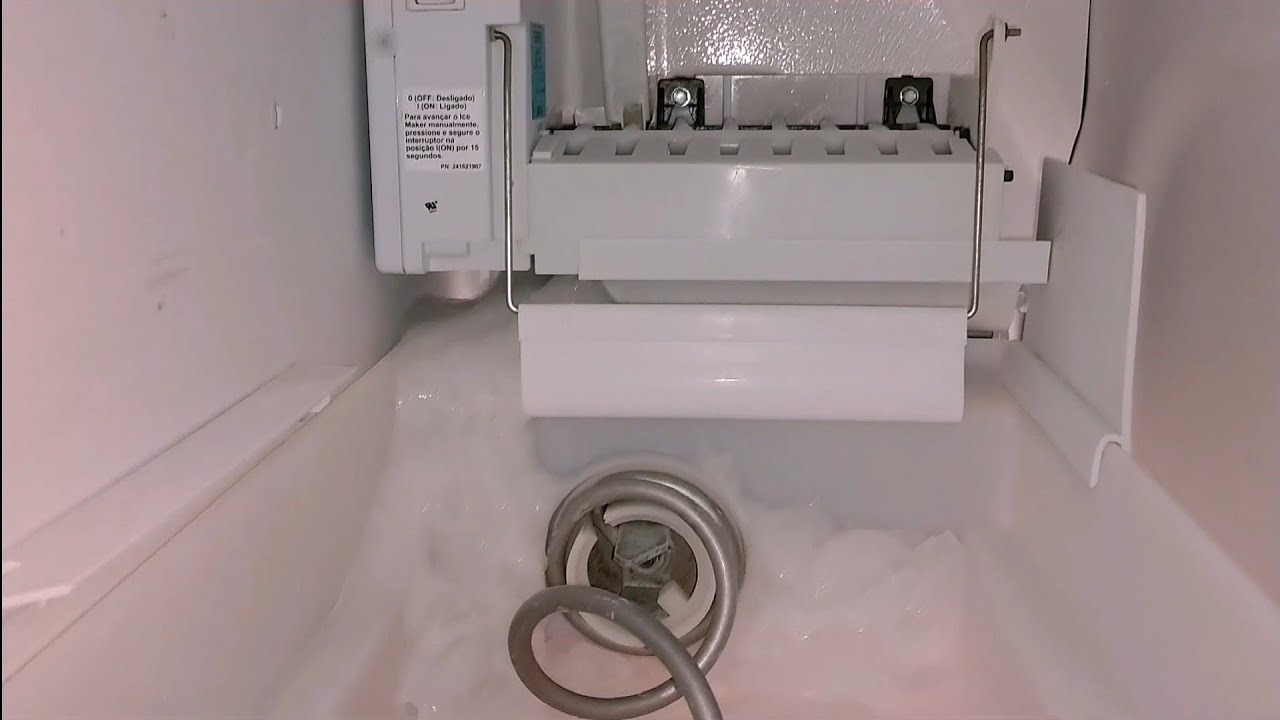
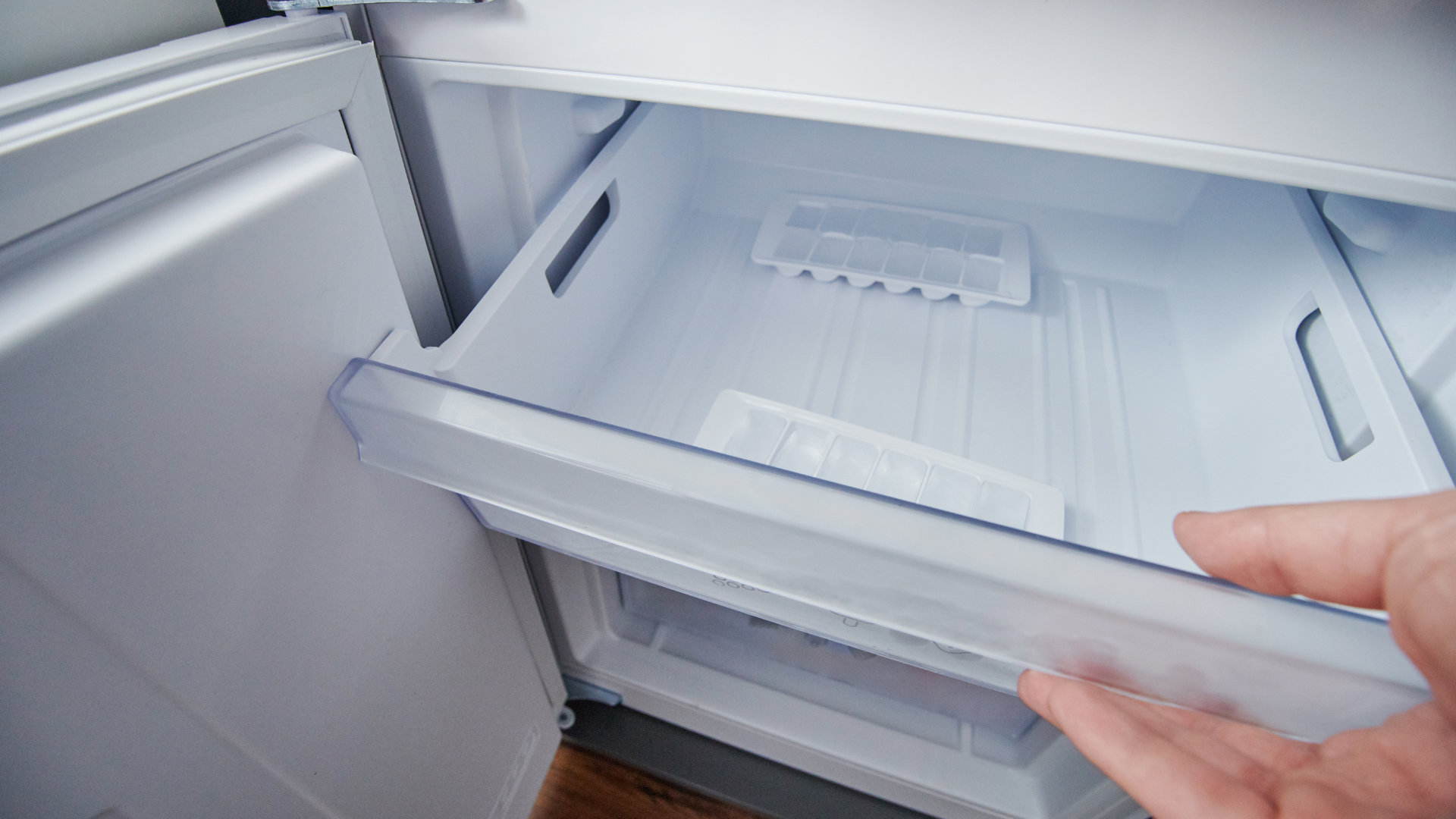
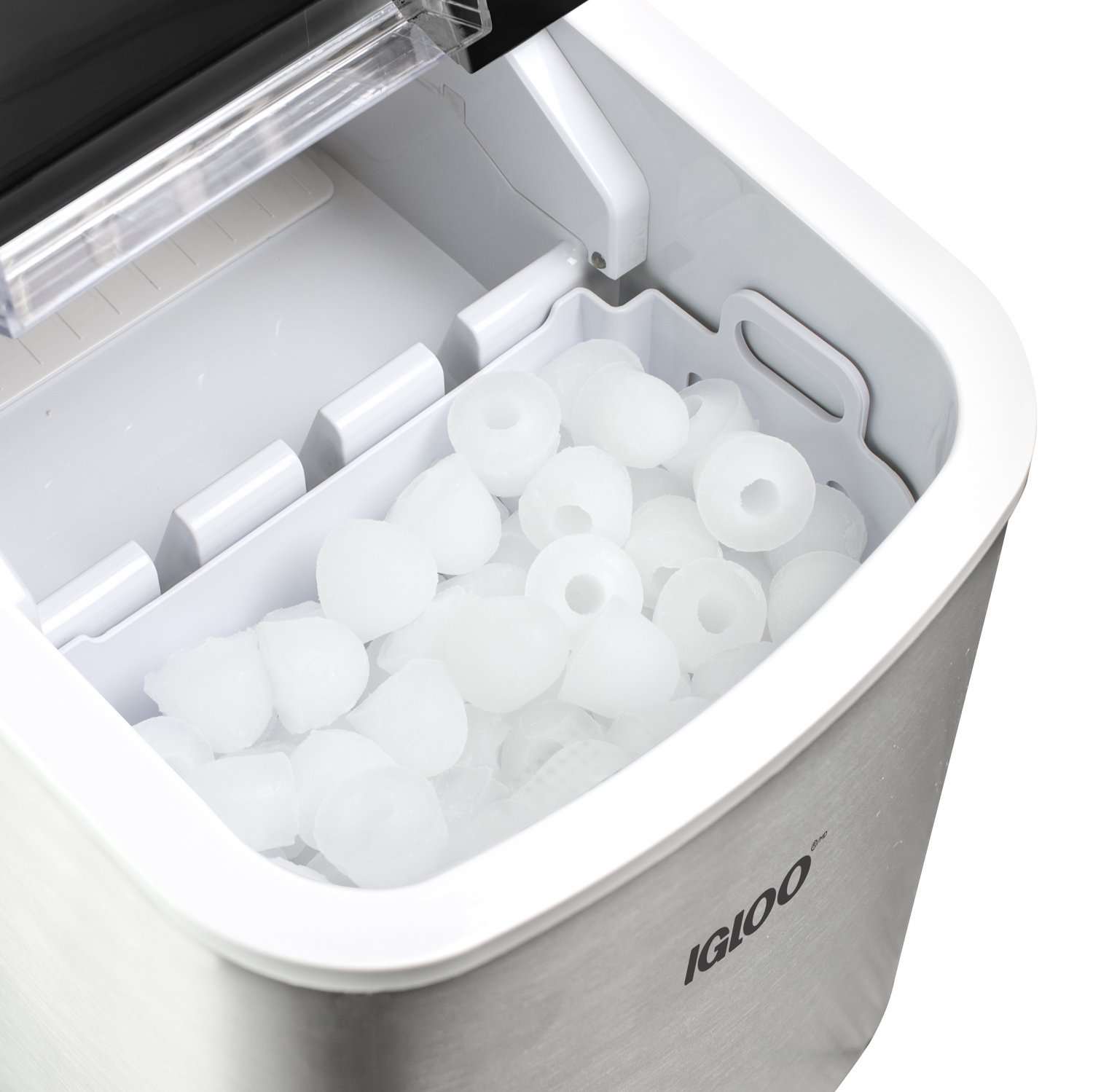

0 thoughts on “Why Is My Portable Frigidaire Ice Maker Leaking Water”